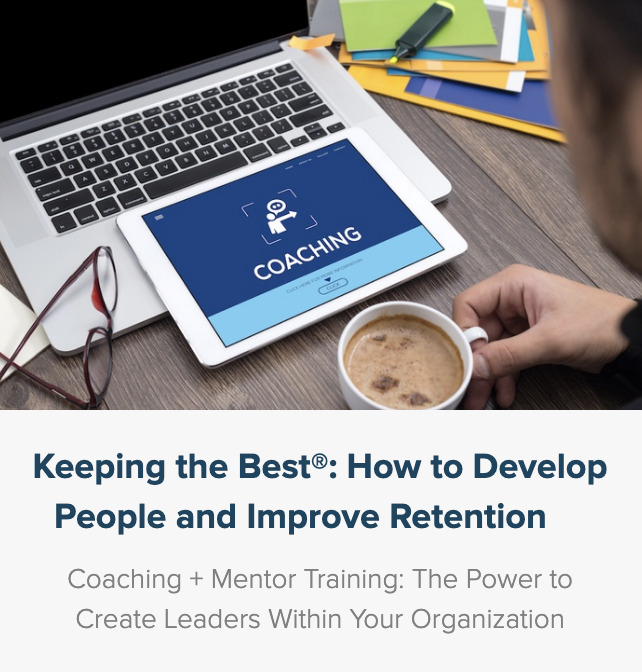Change is the most natural thing in the world. Everything changes. You can’t prevent change from happening, even though we try. Why then does it look like change is hard?
Consider, it’s the thinking we have about change that makes change seem hard. Our thinking or point of view creates resistance to it. Let’s be crystal clear, this article is NOT about looking for a silver lining or thinking positively about change. That’s like putting frosting on dog food … it may look good, but you still don’t want to eat it.
I’d like to introduce a different paradigm for change, a new way of relating to change that will give you more peace and ease.
What if change is really about developing fluency with something new? We typically associate fluency with learning language. When you first begin you expect to make mistakes and stumble over your words, but the more you immerse yourself in the learning, the better you get at it – the more fluent you become.
What if all change is the same way? What if instead of “change,” it’s all learning and adapting? This shift in perspective creates a new relationship to change to one of being on the learning curve which means there is no expectation of perfection.
Think about some result or outcome you want to achieve this year. Instead of approaching it with the notion that you already know or should know how to produce that result, consider that you are a novice at the new result. In other words, you lack fluency in that area.
Just like with learning a new language becoming fluent is a process. You will make mistakes and you will not be great at it at first. That’s how learning works. It’s not personal. Making mistakes, stumbling, failing are about the process of learning, not about you.

Let’s look at an example that is popular this time of year, losing weight. Studies show that less than 20% of people achieve their weight loss goal and keep it off for 5 years. That is not an individual phenomenon; that’s the result of a paradigm.
Imagine if rather than the typical approach or paradigm to losing weight (discipline, deprivation determination, etc.) you realized you are fluent in producing the result you have (current weight, body composition, etc.) and you’d like to become fluent in being thin/healthy. You don’t yet know or understand the “language” of being thin/healthy.
Developing fluency requires curiosity and a willingness to flounder during the process. Pressure and hard work are not conducive to attaining fluency in anything. However, being lighthearted and open are extremely helpful. This approach will allow you to be creative and discover your pathway from the current result to the result you want to achieve.



